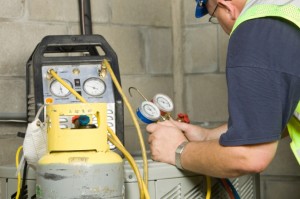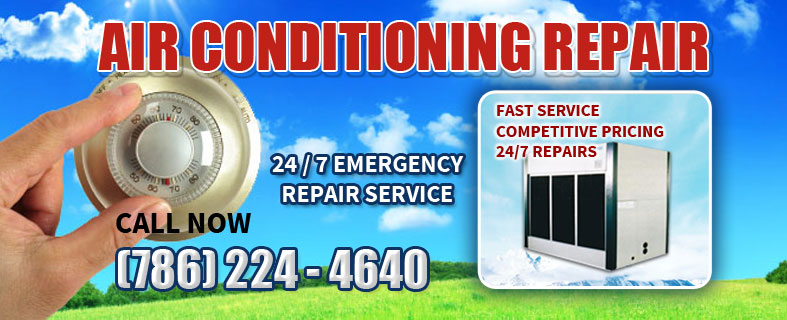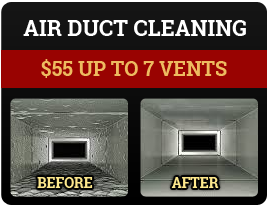 Your heating system, home furnace or AC requires regular repairs or even replacement because of the magnitude of the operations it undertakes to cool your home. If not addressed in good time, most of the repair problems graduate into much bigger issues which can ultimately lead to your system breaking down.
Your heating system, home furnace or AC requires regular repairs or even replacement because of the magnitude of the operations it undertakes to cool your home. If not addressed in good time, most of the repair problems graduate into much bigger issues which can ultimately lead to your system breaking down.
Whether you are heating your home during winter or preparing for the summer period, the secret to avoiding costly repair bills and keeping your system efficient is through preventable maintenance. You have to learn how to spot heating and cooling problems which will in the course of time save you a considerable amount of cash.
Airflow Problems
This is one of the most common HVAC problems and it results from worn out belts, bearings, and fan motors. When your furnace starts overheating or its heating controls are improper, then you need to get in touch with a HVAC professional.
Dirty or Clogged Air Filters
Having dirty air filters or ones that are clogged can interrupt the flow of air. You need to change them on a regular basis at least once in three months. Ironically, filters are easy to fix and not so expensive to buy yet they are among the most ignored. HVAC systems with dirty filters are forced to work extra hard in order to cool your home and this wears them out quickly.
Pilot Control and Ignition Issues
When the pilot controls or ignition system malfunction, little or no heat is generated by the HVAC system. Hot surface ignition utilizes a resistance heating element which is more or less the same as a light bulb filament while the intermittent pilot works using high voltage spark to ignite the main banners.
Insufficient Heating
Your furnace or heat pump is expected to provide optimal heating for your home. However, this heating can at times be minimal or insufficient meaning a problem exists within the system. Among the causes of these problem could be faulty thermostats or clogged furnace filters. In some extreme cases, musty odors may start coming from the system.
Malfunctioning Thermostats
A thermostat basically controls and determines how much heat the system produces and when it is necessary for it to be produced. When the thermostat develops problems, it fails to execute these functions thereby leading to overheating or under heating, cases that can severely affect your comfort levels.
The lesson you are to learn from this as a homeowner is that you need to schedule preventive maintenance so that these and other problems can be addressed much earlier thereby giving your system longevity and efficiency.





 February 27th, 2016
February 27th, 2016  steve
steve  Posted in
Posted in 

